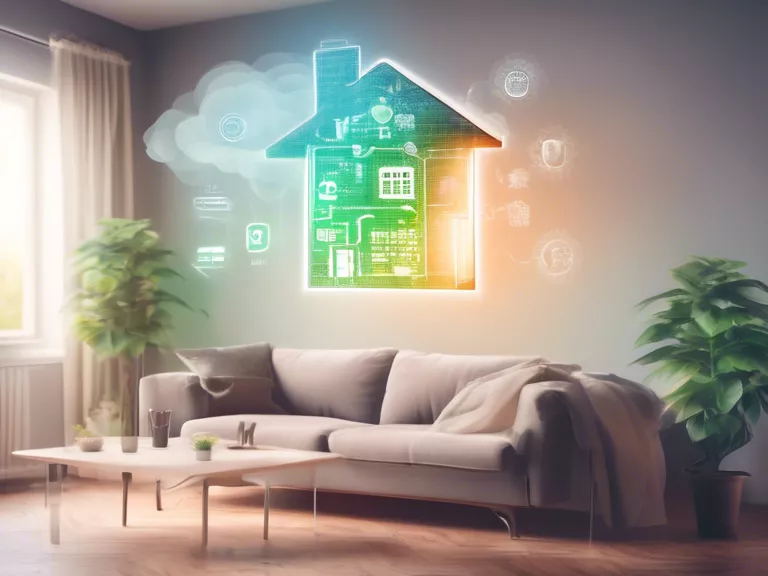
The Future of Smart Home Devices: AI for Anticipating User Needs
With the rise of smart home devices, the integration of artificial intelligence (AI) has become paramount. AI-powered smart home devices are now capable of not just responding to user commands but also anticipating the user's needs. This advancement in technology has transformed the way we interact with our homes, making them more intuitive and efficient.
One of the key benefits of AI in smart home devices is its ability to learn user preferences and habits. By analyzing data from sensors and user interactions, AI algorithms can predict when a user might need certain functions or services. For example, an AI-powered thermostat can learn when a user typically comes home from work and adjust the temperature accordingly, ensuring a comfortable environment upon arrival.
Another advantage of AI in smart home devices is its ability to automate routine tasks. From turning off lights to adjusting window blinds, AI can take care of these mundane tasks without the need for manual input. This not only saves time but also increases energy efficiency, leading to cost savings in the long run.
AI-powered smart home devices also have the potential to enhance security and safety. By analyzing patterns in user behavior and sensor data, AI algorithms can detect anomalies and alert users to potential risks. For instance, a smart home security system equipped with AI can recognize unfamiliar faces or detect unusual movements in the house, helping to prevent break-ins or accidents.
As technology continues to advance, the future of smart home devices lies in AI for anticipating user needs. By harnessing the power of artificial intelligence, smart home devices can become more proactive, intuitive, and personalized. Whether it's adjusting the thermostat before you even realize you're cold or reminding you to lock the doors before bed, AI-powered smart home devices are poised to revolutionize the way we live.



